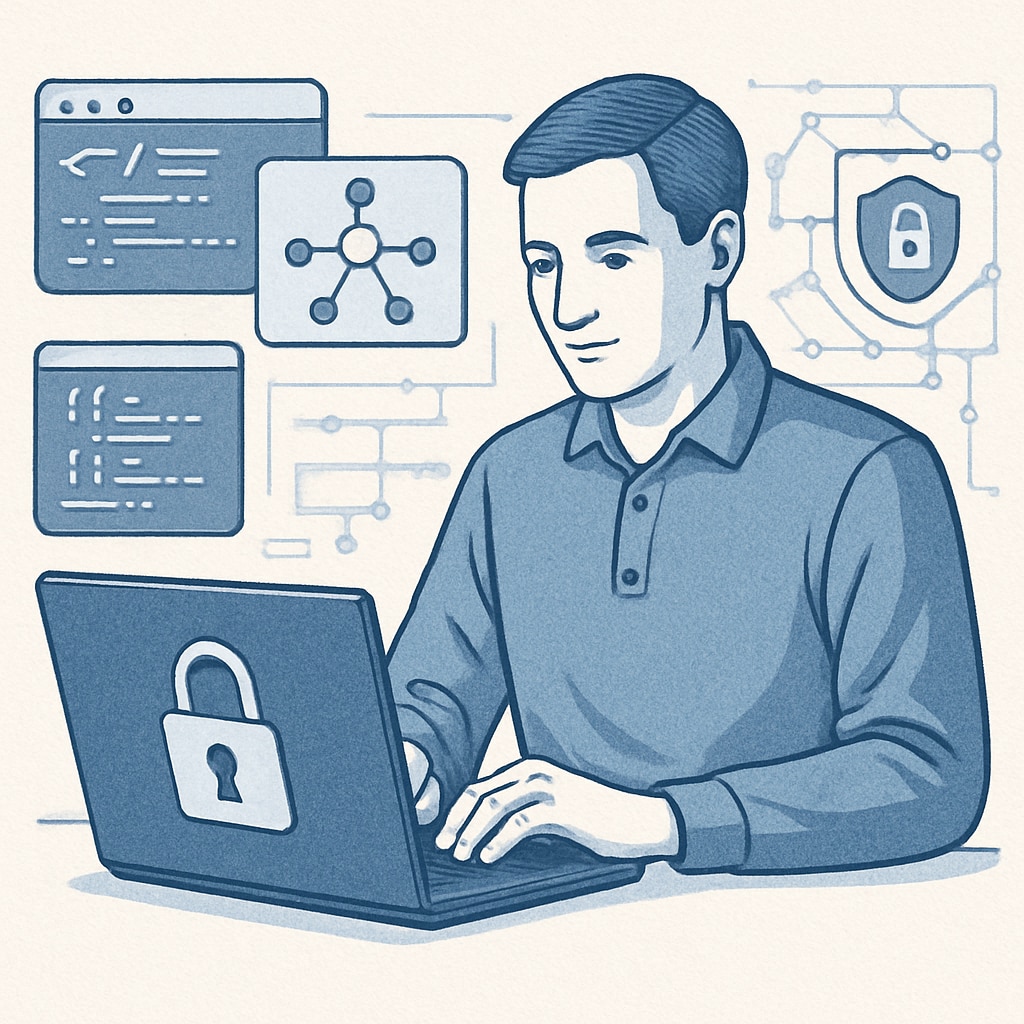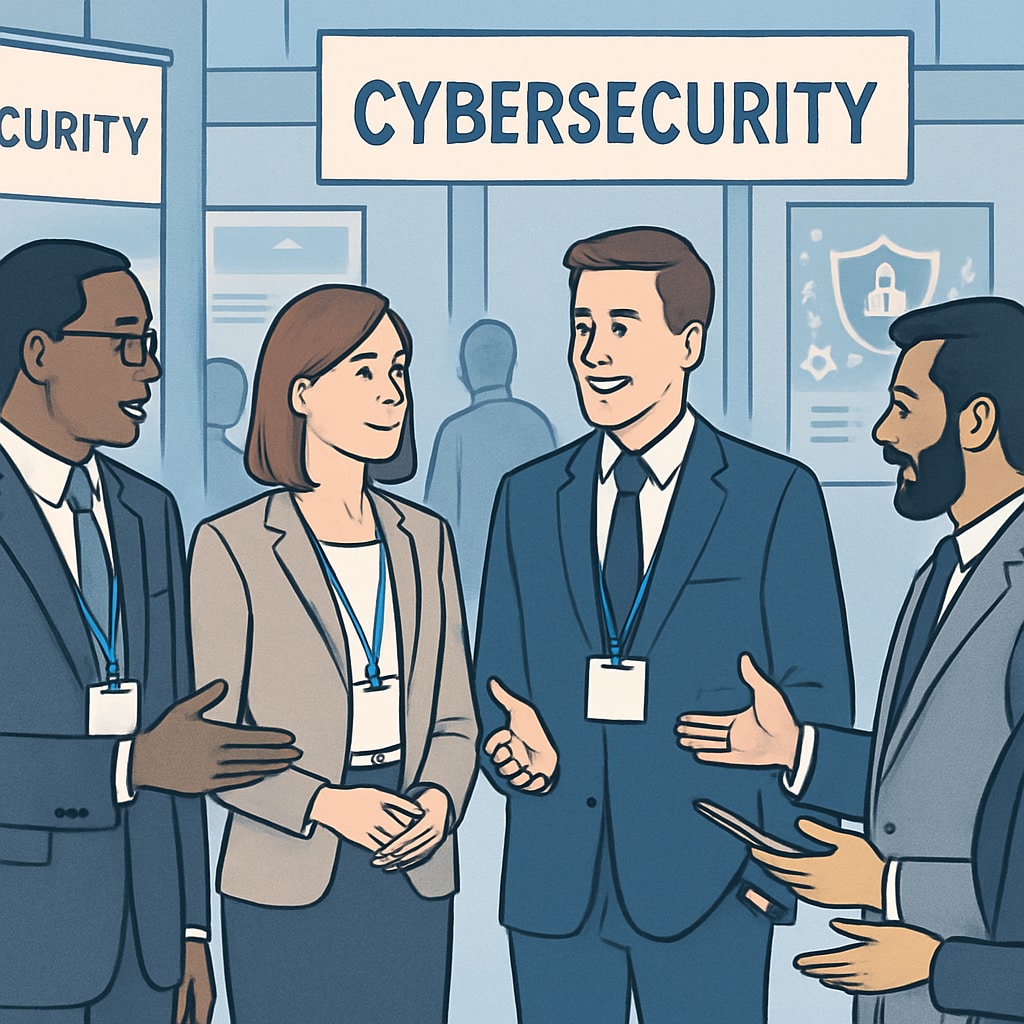When considering cybersecurity careers, many aspiring professionals wonder how much university reputation affects their job prospects. While attending a prestigious institution can open doors, the cybersecurity field often values technical skills, certifications, and hands-on experience more than a university’s name. This article examines the balance between university reputation and practical competence to offer clarity for job seekers in cybersecurity.
Does University Reputation Matter in Cybersecurity?
University reputation often serves as a starting point in evaluating a candidate’s qualifications. Graduating from a highly ranked institution can provide initial advantages, such as access to well-connected alumni networks and better internship opportunities. However, in the cybersecurity industry, where skills and adaptability are paramount, a prestigious degree may not carry as much weight as a strong portfolio.
Employers in cybersecurity are increasingly looking at a candidate’s technical capabilities rather than the brand of their alma mater. For example, demonstrated proficiency in areas like penetration testing, malware analysis, or cloud security often outweighs academic pedigree. This shift is particularly evident in smaller companies and startups, where hiring managers prioritize immediate practical contributions over traditional credentials.

Skills and Certifications: The True Game-Changers
Certifications like CompTIA Security+, Certified Information Systems Security Professional (CISSP), and Certified Ethical Hacker (CEH) have become industry benchmarks. These credentials validate a candidate’s expertise and are recognized globally, leveling the playing field for graduates from less prestigious universities.
Moreover, hands-on experience through internships, bug bounty programs, and personal cybersecurity projects can significantly enhance employability. These experiences demonstrate a proactive approach to learning and problem-solving, qualities highly valued in the cybersecurity sector.
- Certifications: Validate specialized knowledge and skills.
- Internships: Offer real-world exposure and networking opportunities.
- Personal Projects: Showcase initiative and practical problem-solving.
Overcoming the “Non-Elite University” Anxiety
For those who did not attend a top-tier university, it’s essential to focus on building a strong professional profile. Here’s how to mitigate concerns about university reputation:
- Focus on Skills Development: Master programming languages like Python and tools like Wireshark.
- Earn Industry Certifications: Certifications are often seen as more relevant than academic degrees.
- Leverage Networking Opportunities: Attend cybersecurity conferences and join online forums to connect with industry professionals.
- Create a Portfolio: Document your projects, contributions to open-source initiatives, or successful penetration tests.

The Future of Cybersecurity Hiring
As the demand for cybersecurity professionals continues to outpace supply, employers are broadening their criteria to include candidates with non-traditional backgrounds. Universities remain an important stepping stone, but the ability to adapt, learn quickly, and solve complex problems are becoming the most sought-after traits.
For example, organizations like the Cybersecurity and Infrastructure Security Agency (CISA) emphasize skills-based hiring, offering programs to train individuals regardless of their academic background. Similarly, many tech giants, such as Google and Microsoft, prioritize skills and certifications over degrees when hiring for cybersecurity roles.
In conclusion, while university reputation can offer some advantages, the cybersecurity industry values technical expertise, certifications, and experience far more. By focusing on building a robust skill set and gaining practical experience, professionals from any educational background can thrive in this dynamic field.
Readability guidance: This article uses concise paragraphs and bulleted lists for clarity. Transition words like “however,” “for example,” and “in addition” ensure flow. Long sentences and passive voice are minimized for readability.


